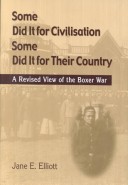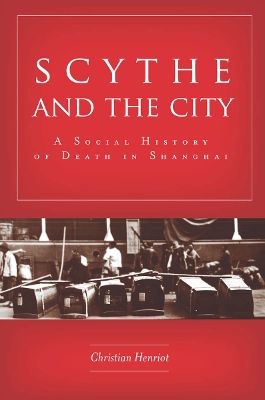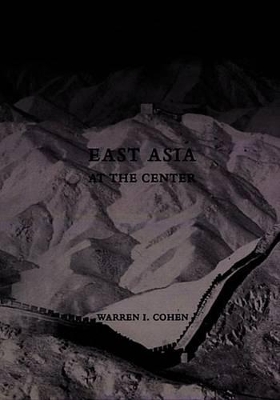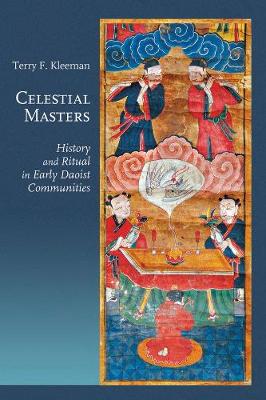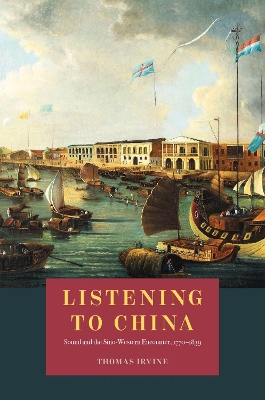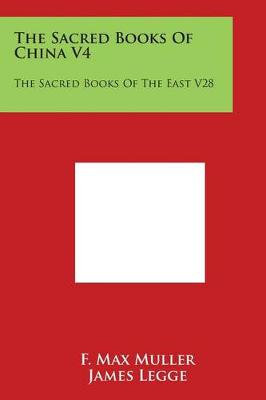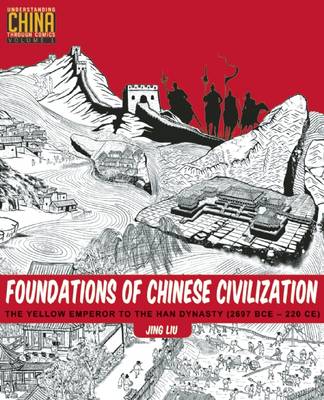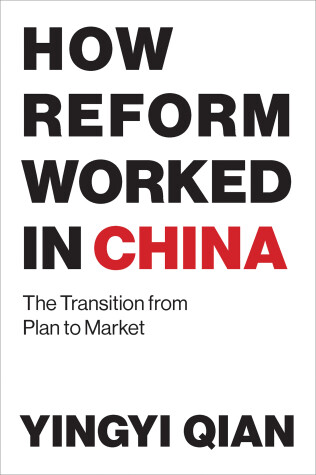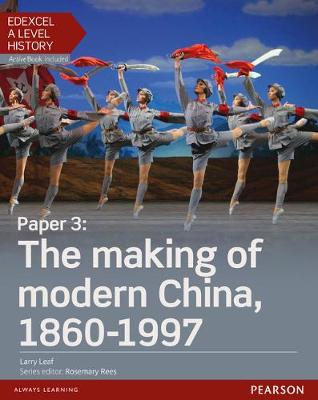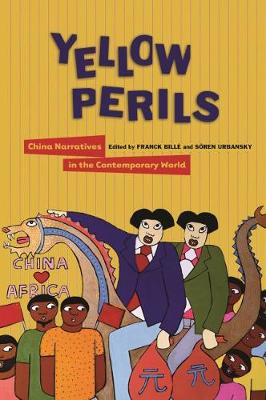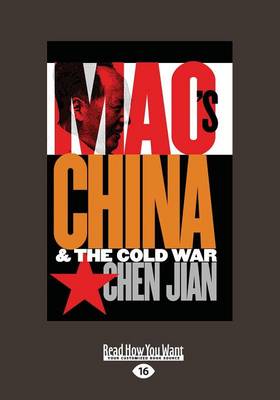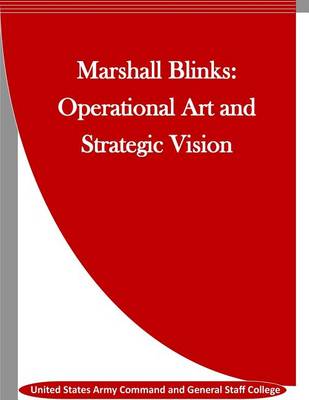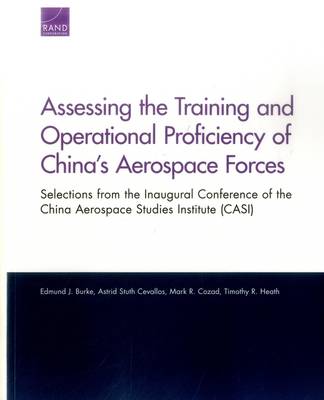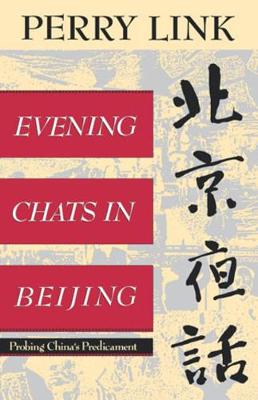Situated north of the Himalayas, Tibet is famous for its unique culture and its controversial assimilation into modern China. Yet Tibet in the twenty-first century can only be properly understood in the context of its extraordinary history. Sam van Schaik brings the history of Tibet to life by telling the stories of the people involved, from the glory days of the Tibetan empire in the seventh century through to the present day. He explores the emergence of Tibetan Buddhism and the rise of the Da...
The Last Days of Pekin; Translated From the French of Pierre Loti [psued.]
by Pierre 1850-1923 Loti and Myrta Leonora Jones
Some Did it for Civilisation; Some Did it for Their Country
by Jane E. Elliott
This text seeks to mark a departure from previous studies of the Boxer War. It evaluates the way the war was perceived and portrayed at the time by the mass media. As such the work offers insights to a wider audience than that of sinologists or Chinese historians. The important distinction made by the author is between image makers and eyewitnesses. Whole categories of powerful image makers, both Chinese and foreign, never saw anything of the Boxer War but were responsible for disseminating imag...
The issue of death has loomed large in Chinese cities in the modern era. Throughout the Republican period, Shanghai swallowed up lives by the thousands. Exposed bodies strewn around in public spaces were a threat to social order as well as to public health. In a place where every group had its own beliefs and set of death and funeral practices, how did they adapt to a modern, urbanized environment? How did the interactions of social organizations and state authorities manage these new ways of th...
China impacts everyone-an economic superpower competing in every arena of human endeavor. Here are those who run China, its current and future leaders. Here's how China's leaders think about China's growing global strength-in trade, business and finance; in diplomacy, defense and security; in science, technology and innovation; in culture, media and sports-and what this all means for the future of the world. Here also are China's leaders in economics, private business, state-owned enterprises, b...
A common misconception holds that Marco Polo "opened up" a closed and recalcitrant "Orient" to the West. However, this sweeping history covering 4,000 years of international relations from the perspective of China, Japan, Korea, and Southeast Asia shows that the region's extensive involvement in world affairs began thousands of years ago. In a time when the writing of history is increasingly specialized, Warren I. Cohen has made a bold move against the grain. In broad but revealing brushstrokes,...
In 142 CE, the divine Lord Lao descended to Mount Cranecall (Sichuan province) to establish a new covenant with humanity through a man named Zhang Ling, the first Celestial Master. Facing an impending apocalypse caused by centuries of sin, Zhang and his descendants forged a communal faith centering on a universal priesthood, strict codes of conduct, and healing through the confession of sins; this faith was based upon a new, bureaucratic relationship with incorruptible supernatural administrator...
From bell ringing to fireworks, gongs to cannon salutes, a dazzling variety of sounds and soundscapes marked the China encountered by the West around 1800. These sounds were gathered by diplomats, trade officials, missionaries, and other travelers and transmitted back to Europe, where they were reconstructed in the imaginations of writers, philosophers, and music historians such as Jean-Philippe Rameau, Johann Nikolaus Forkel, and Charles Burney. Thomas Irvine gathers these stories in Listening...
Foundations of Chinese Civilization (Understanding China Through Comics, #1)
by Jing Liu
Who founded China? Are Chinese people religious? What is Chinese culture and how has it changed over time? The accessible and fun Understanding China Through Comics series answers those questions and more. For all ages, Foundations of Chinese Civilization covers China's early history in comic form, introducing philosophies like Confucianism and Daoism, the story of the Silk Road, famous emperors like Han Wudi, and the process of China's unification. Includes a handy timeline. This is volume on...
How Reform Worked in China (The MIT Press) (How Reform Worked in China)
by Yingyi Qian
A noted Chinese economist examines the mechanisms behind China's economic reforms, arguing that universal principles and specific implementations are equally important. As China has transformed itself from a centrally planned economy to a market economy, economists have tried to understand and interpret the success of Chinese reform. As the Chinese economist Yingyi Qian explains, there are two schools of thought on Chinese reform: the "School of Universal Principles," which ascribes China's suc...
This book: covers the essential content in the new specifications in a rigorous and engaging way, using detailed narrative, sources, timelines, key words, helpful activities and extension material helps develop conceptual understanding of areas such as evidence, interpretations, causation and change, through targeted activities provides assessment support for A level with sample answers, sources, practice questions and guidance to help you tackle the new-style exam questions. It...
China and Europe (Contemporary China Institute Research Notes & Studies, #11)
by David L. Shambaugh
Les Races Jaunes, Et, Les Celestes (Classic Reprint)
by Edmond Plauchut
Yellow Perils
China's meteoric rise and ever expanding economic and cultural footprint have been accompanied by widespread global disquiet. Whether admiring or alarmist, media discourse and representations of China often tap into the myths and prejudices that emerged through specific historical encounters. These deeply embedded anxieties have shown great resilience, as in recent media treatments of SARS and the H5N1 virus, which echoed past beliefs connecting China and disease. Popular perceptions of Asia, to...
The Chinese Empire (UNESCO Guides - World Heritage)
Mao's China and the Cold War (Large Print 16pt), Volume 2
by Chen Jian
Assessing the Training and Operational Proficiency of China's Aerospace Forces
by Edmund J Burke, Astrid Stuth Cevallos, Mark R Cozad, and Timothy R. Heath
Chinese intellectuals have a traditional duty, for which there is no equivalent in the West: to worry, to "take responsibility for all under heaven," to argue the question "What can we do with China?" In this "utterly absorbing gem of a book" (Library Journal), Perry Link conveys the worries besetting China's most prominent writers, journalists, scientists, professors, and dissident officials. Link creates "an invaluable opening onto China's best and brightest hearts and minds" (Kirkus Reviews),...
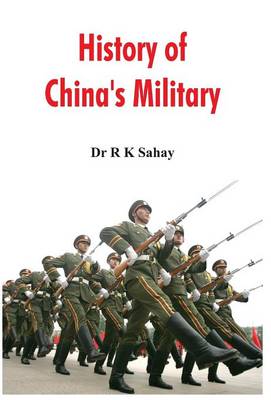

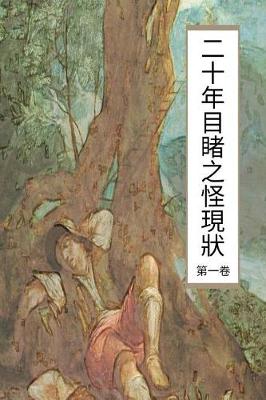
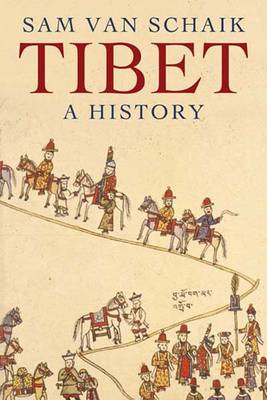
![Cover of The Last Days of Pekin; Translated From the French of Pierre Loti [psued.]](https://images.bookhype.com/covers/a0/96/94d3c89a-8e81-40df-b6c0-ead2d262690a/9781013806728-a1ff49de6d490a0d033f09.jpg)
